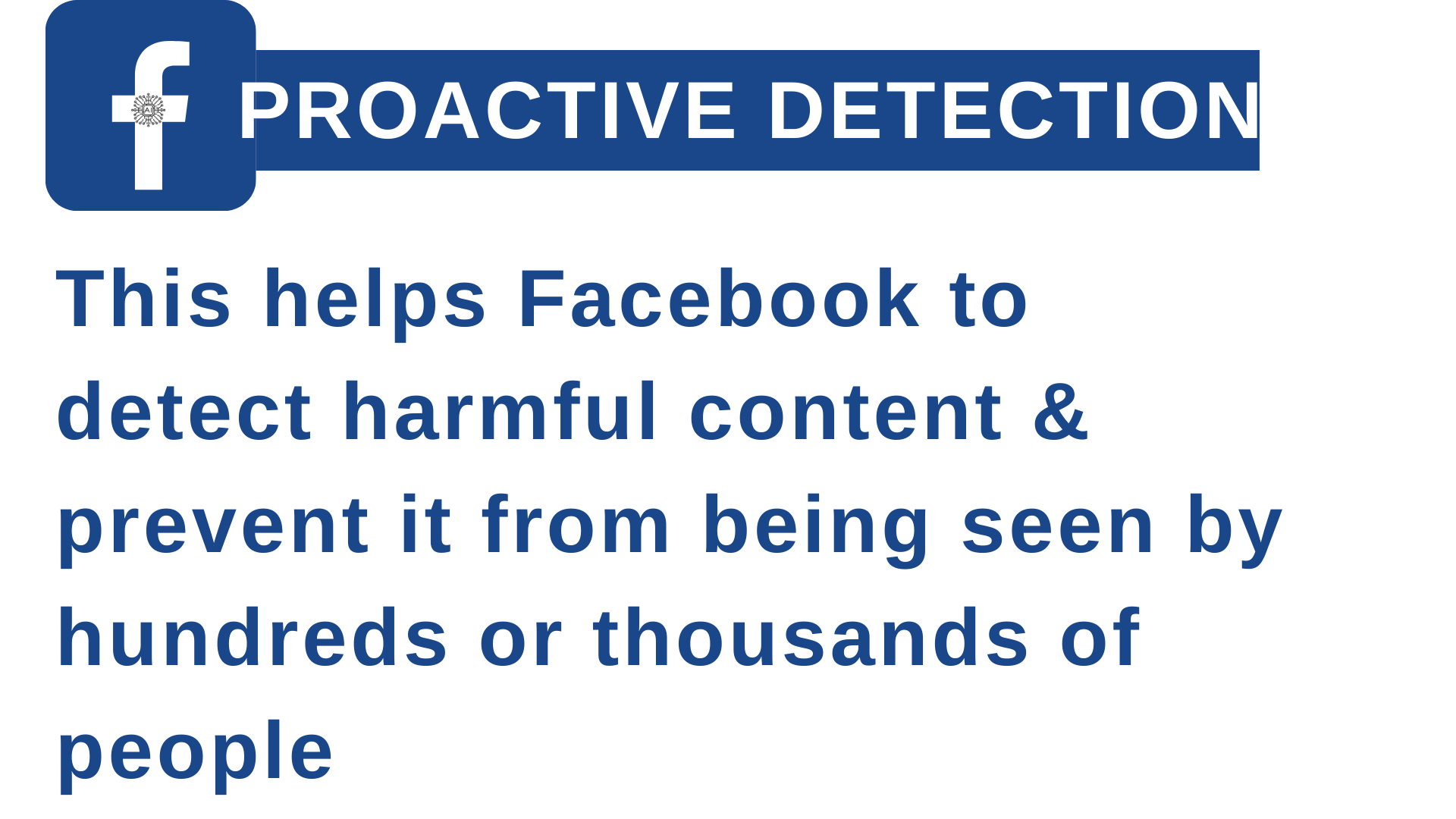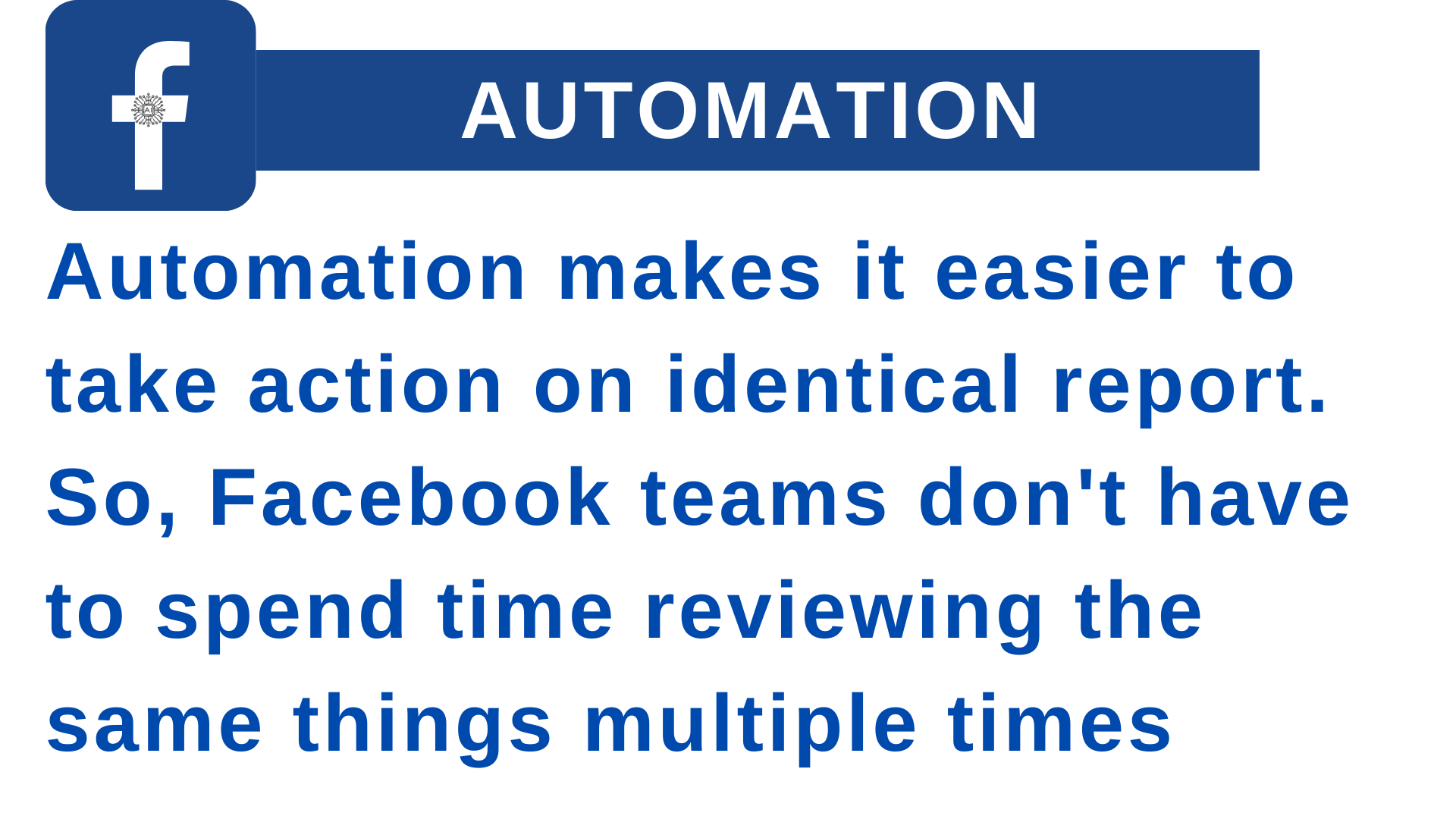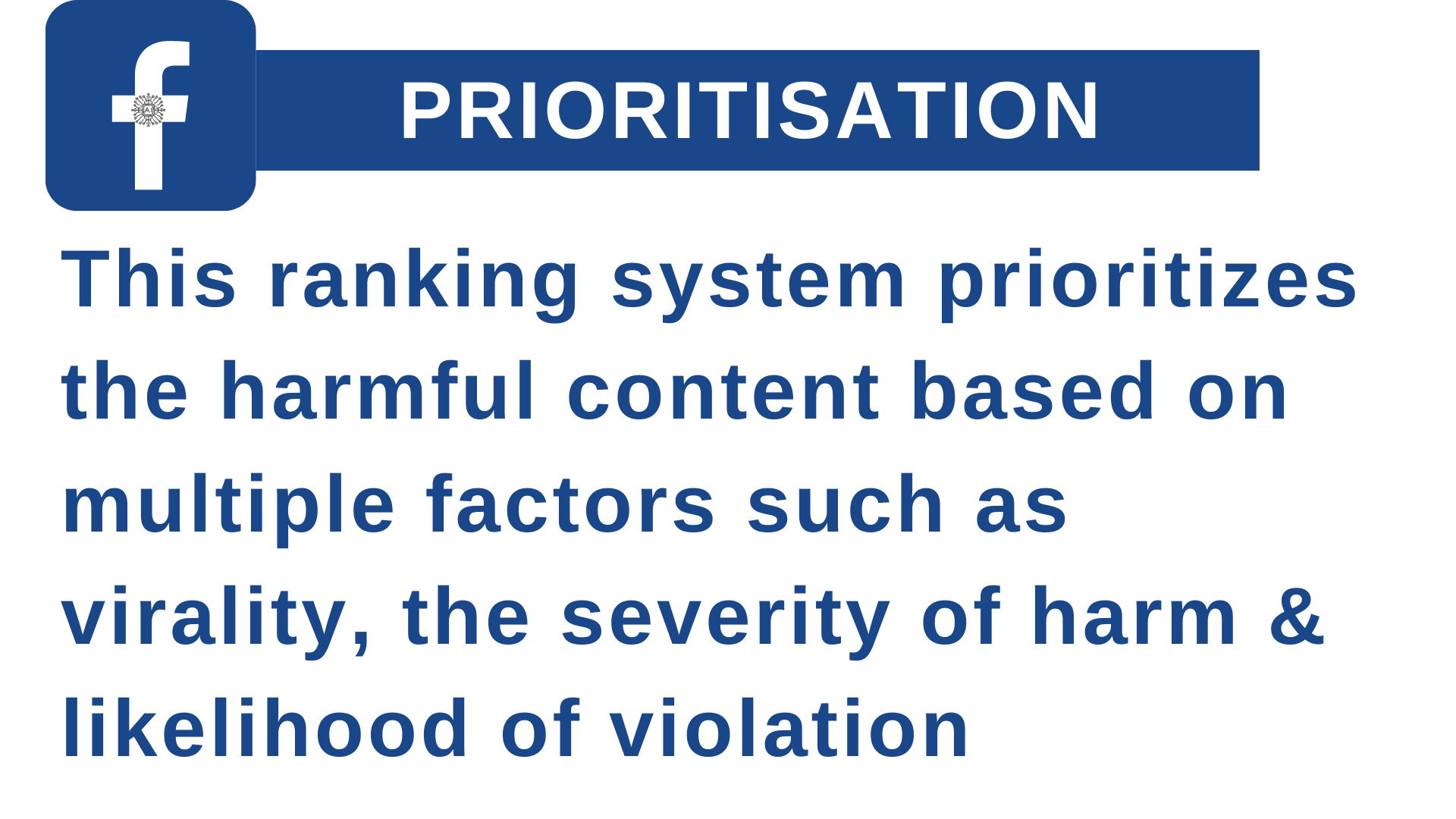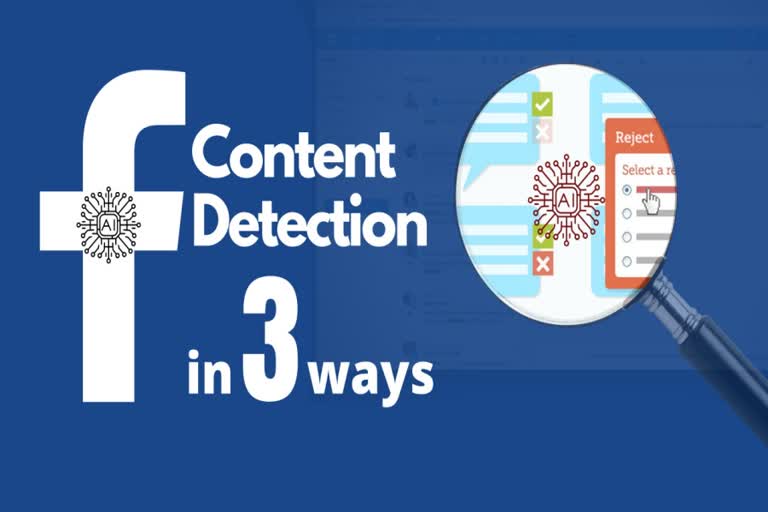New Delhi: The first aspect of Facebook AI system is called ‘Proactive Detection' where Artificial intelligence (AI) can detect violations across a wide variety of areas without relying on users to report content to Facebook, often with greater accuracy than reports from users.

‘Automation' is the second aspect where AI systems have automated decisions for certain areas where content is highly likely to be violating.

"These systems have become even more important during the COVID-19 pandemic with a largely remote content review workforce," said Jeff King, Director Product Management, Integrity at Facebook.
The third aspect is ‘Prioritisation'.Instead of simply looking at reported content in chronological order, AI prioritises the most critical content to be reviewed, whether it was reported to Facebook or detected by its proactive systems.

However, Facebook admitted there are still areas where it's critical for people to review the content.
"For example, discerning if someone is the target of bullying can be extremely nuanced and contextual. In addition, AI relies on a large amount of training data from reviews done by our teams in order to identify meaningful patterns of behaviour and find potentially violating content".
For reviewing violations like spam, Facebook said it is going to use its automated systems first to review more content across all types of violations.
(Inputs from IANS)



